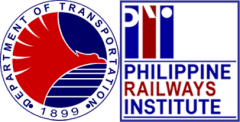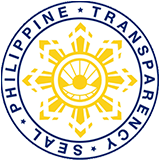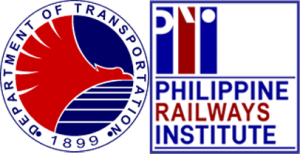An expert panel of Japanese and Filipino specialists on policy formulation; financing schemes, urban planning, transportation studies, and public administration met to discuss sustainable railway development in Metro Manila with a particular focus on the importance of a strategic railway master plan. The Philippine Railways Institute (PRI) conducted the meeting on Tuesday, October 18, via Zoom.
The expert panel started its meeting by tackling implications on railway masterplan development. Prof. Shigeru Morichi of the National Graduate Institute for Policy Studies talks over the keys for the development of a successful railway master plan. Japan International Cooperation Agency (JICA) Expert Team representatives Takayuki Hagiwara and Yasuhisa Furusawa described the case of Japan with regard to route evaluation criteria and financing and subsidy schemes for railway development.
The interaction also included recommendations for route selection and development of the railway network in Metro Manila offered by Dr. Hussein Lidasan of UP School of Urban and Regional Planning, Dr. Enrico Basilio of UP National College of Public Administration and Governance, Dr. Arturo Corpuz, Dr. Francis Aldrine Uy of Mapua University School of Civil, Environmental, and Geological Engineering, and Dr. Crispin Emmanuel Diaz of UP School of Urban and Regional Planning. Recommendations for route evaluations of railways and government support systems on railways were provided by Prof. Hisao Uchiyama of Tokyo University of Science and Prof. Atsushi Fukuda of Nihon University.
Department of Transportation (DOT) Assistant Secretary for Planning and Project Development Maria Sheilah Napalang stressed that it is important to look at the connectivity with other modes of transport.” When we talk about master planning, we also need to discuss how this specific transport master plan enables all the other modes of transport to actually uphold it.” she said. DOTr Undersecretary for Railways Timothy John Batan supported the responses. “All railway projects identified in the 2014 and 2017 Transportation Infrastructure Roadmap for the Greater Capital Region are investment-approved, financed, and are already in ongoing construction.” Batan presented the rundown of DOTr “Pipeline 1′ railway projects, along with the history, statistics, and financial scheme. He concluded by adding that the DOTr, through the PR1, is continuing partnerships with top universities to assist with building the country’s capacity in training.



